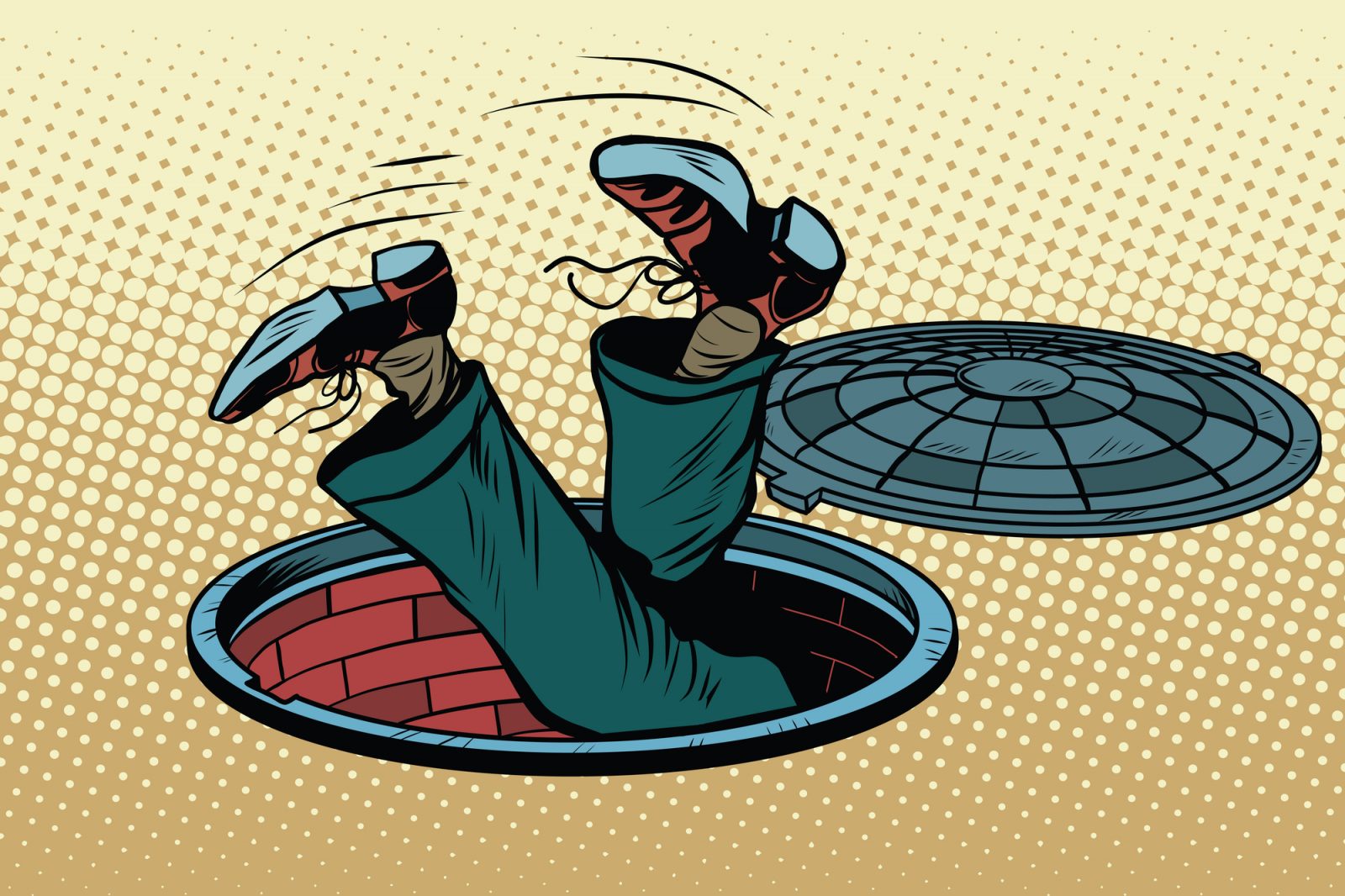SERVING RIDGEFIELD & SURROUNDING CONNECTICUT TOWNS
- 9 GROVE STREET RIDGEFIELD, CT 06877
- 203.438.4114
Premises liability occurs when you are injured on someone’s property due to their negligence. For example, you are walking in a parking lot at a shopping center and your foot gets caught in a pothole or crack in the pavement that causes you to fall and injure your ankle. If the owner of the property knew – or should have known – of the dangerous condition, then he or she (or their company) may be liable and legally responsible for the injuries caused.
Similarly, injuries due to falls from snow and ice may result in the owner of the premises being legally responsible for the injuries caused.
There are many questions to be answered to determine if a property owner or others are responsible for your injuries from a fall. That’s why it’s important to call a lawyer experienced in the field who has handled many such cases and is familiar with the issues presented. Every case is different. Each must be evaluated on its own merits. There’s no ‘one size fits all’ when it comes to premises liability.
If you were injured because of an unsafe condition that a property owner or others failed to rectify, we can help you obtain compensation for your injuries and losses.

Seeking justice & compensation for accident victims and their families in Ridgefield and throughout western Connecticut, The Law Office of Harvey J. Kulawitz, Esq., LLC, has been helping injured people for more than 30+ years.
I oversee everything – from our initial meeting to the final result. If you or your family member has been hurt by the negligence of another, contact me, Attorney Harvey J. Kulawitz, and talk to an experienced & trusted personal injury lawyer.